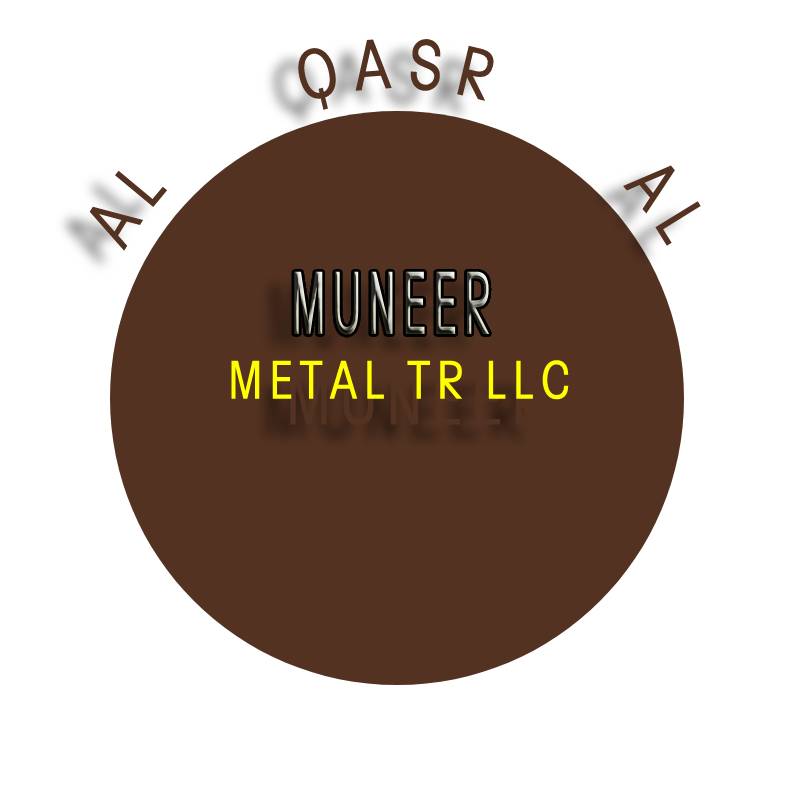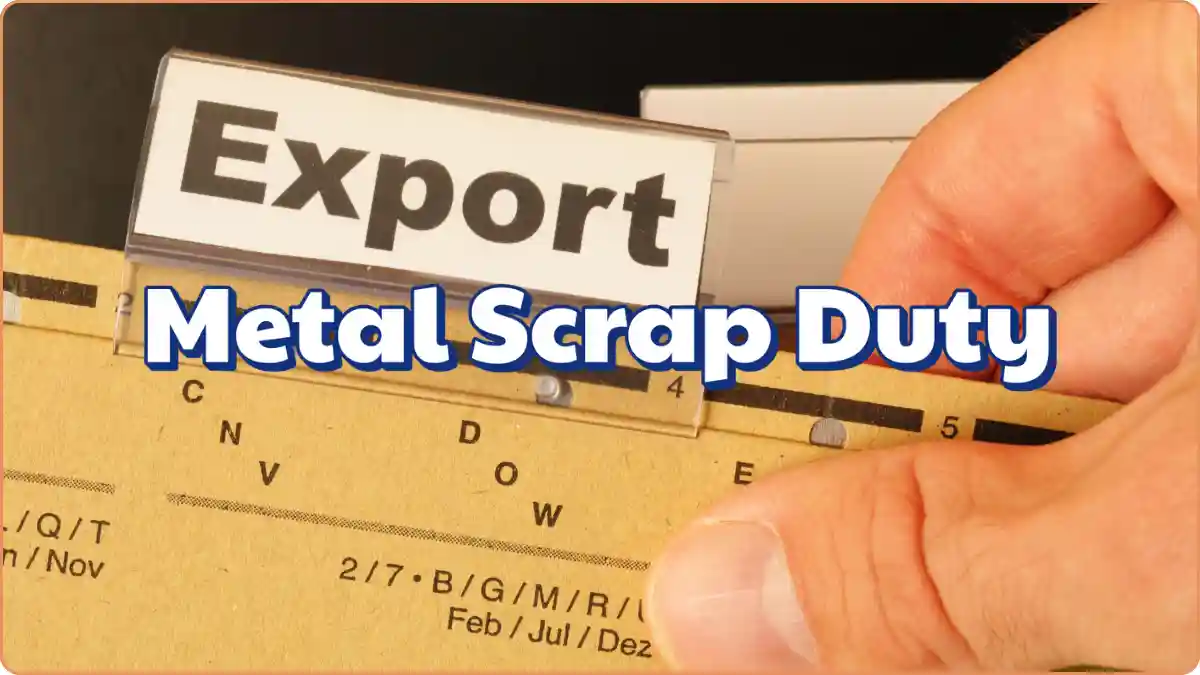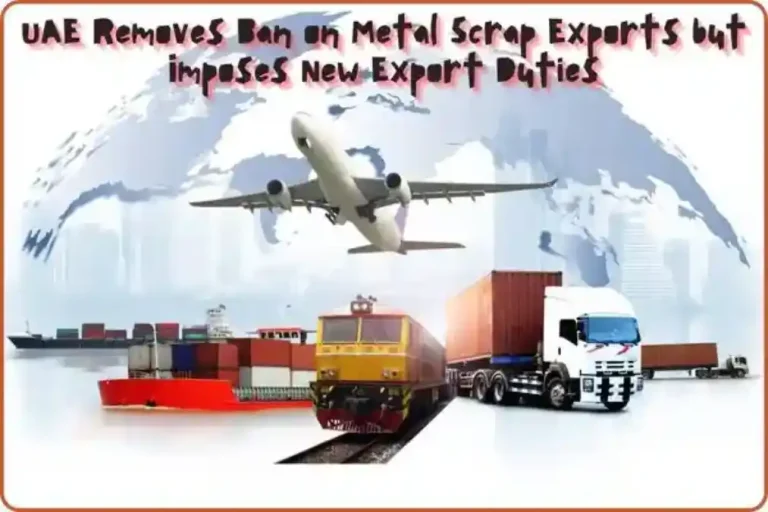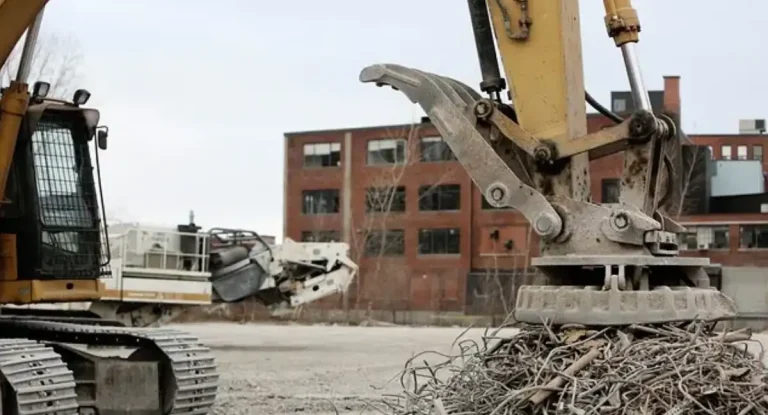Metal Scrap Export Duty
UAE Introduces Metal Scrap Export Duty: A New Era for Global Trade On January 19, 2024 – In a strategic move that’s set to reshape the global scrap metal trade, UAE has introduced a metal waste exportation duty of AED 400 ($109) per ton. This new policy, effective 30 days after its official publication in…
UAE Introduces Metal Scrap Export Duty: A New Era for Global Trade
On January 19, 2024 – In a strategic move that’s set to reshape the global scrap metal trade, UAE has introduced a metal waste exportation duty of AED 400 ($109) per ton. This new policy, effective 30 days after its official publication in the UAE’s Official Gazette on December 15, 2023
Metal Scrap Export duty Notification by UAE
As per Federal Cabinet Decree No. 262/4 of 2004, scrap metal exports and re-export of steel scrap from the UAE is prohibited without a no-objection certificate issued by the Ministry of Finance and Industry. This NOC confirms the payment of an export fee of AED 250 per tonne. The duty came into effect on September 13, aiming to support the local iron and steel industry.
This duty applies to ferrous scrap (HS codes 720450, 720449, 720441, 720430, 720429, 720421, and 720410) and copper scrap (HS code 74040000). The introduction of the metal scrap export duty marks a significant shift in the UAE’s trade policy, balancing domestic industrial needs with global market dynamics.
Here’s a closer look at what this means for the UAE, international buyers, and the global scrap industry.
Why the UAE Introduced a Metal scrap Export Duty
The UAE’s decision to impose a metal scrap export duty stems from two key objectives
- Supporting Domestic Industries: Ensuring local steel mills and smelters have access to affordable raw materials.
- Regulating Global Trade: Creating a controlled environment for scrap exports while generating revenue for the UAE economy.
Previously, the UAE had enforced a complete ban on debris exports since May 2020 to prioritize domestic supply. However, growing international demand and pressure from traders prompted the government to replace the ban with a steel s export duty.
Key Details of the Metal waste Export Duty
The UAE government has set a duty of AED 400 (about $109) per ton on the export of iron and copper scrap. This rule started in mid-January 2024, about 30 days after it was announced. Even though this tax is charged to metal scrap exporters in the UAE, they usually add the cost to the buyers. This means that international buyers now have to pay more to import scrap.
Higher Prices:
With the new AED 400 export duty in place, international buyers will face increased costs when purchasing scrap from the UAE. This added expense makes UAE scrap less competitive in the global market compared to cheaper alternatives available from other exporting countries.
Supply Chain Adjustments:
Importers who rely on UAE scrap may need to rethink their supply strategies due to the rising costs of exporting scrap metal. Many businesses are now considering renegotiating contracts or turning to alternative sources such as the United States, Europe, or Australia, where scrap may be available without such high export duties.
Market Shifts:
Countries like India, Pakistan, Bangladesh, and others in the MENA region that depend on UAE scrap may now explore new international suppliers. The goal is to reduce costs and maintain supply without absorbing the high export duty imposed by the UAE government
Affected Countries: Who Relies on UAE Scrap?
The UAE is a major supplier of scrap metal to several countries, particularly in South Asia and the MENA region. Key importers of UAE scrap include:
Here’s the enhanced version of each statement, expanded to around 300 characters each for better clarity and detail:
Metal Scrap Import in India
The UAE’s import duty on metal scrap is expected to affect imports, potentially increasing costs for metal scrap importers in India. This could disrupt the cost-effectiveness of scrap metal used in production and impact the industries relying on it for manufacturing and infrastructure.
Pakistan:
Pakistan’s steel industry depends heavily on imported scrap due to limited local supply. Scrap metal is a key raw material for steel mills across the country, making it vital for infrastructure development, construction projects, and maintaining steady production in a price-sensitive market.
Bangladesh:
Bangladesh is an emerging hub for scrap metal imports, mainly to support its rapidly expanding infrastructure, real estate, and construction sectors. With growing urban development, the country increasingly relies on imported scrap for steel production and industrial growth.
Oman, Saudi Arabia, and Egypt:
These Middle Eastern and North African nations are important regional importers of scrap metal. They use scrap in various domestic industries, including construction, automotive, and manufacturing, aiming to reduce reliance on raw ores while supporting local production and economic growth
These countries will now face higher import costs due to the UAE’s metal scrap export duty, potentially reshaping global trade flows.
Balancing Domestic Needs and Global Trade
The UAE’s new policy underscores its commitment to maintaining a delicate balance between domestic industrial needs and global trade opportunities. By imposing a metal scrap export duty, the UAE ensures that its local steel mills and smelters continue to have access to affordable raw materials while allowing exporters of scrap metal to capitalize on international demand.
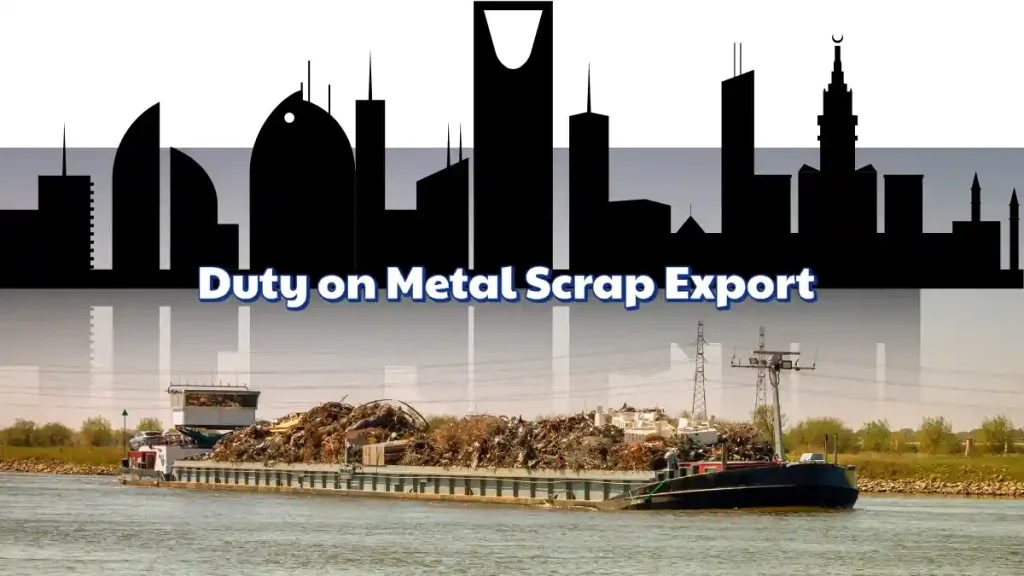
This approach not only supports the UAE’s vision of becoming a global trade hub but also aligns with its broader economic diversification goals.
What’s Next for the Scrap Industry?
The UAE’s decision to introduce a metal scrap export duty is a strategic move that reflects the evolving dynamics of the global scrap trade. However, the long-term success of this policy will depend on how international buyers adapt to the new cost structure and whether they remain willing to pay the premium for UAE scrap.
For industry players, the coming months will be critical as they navigate this new landscape. Exporters must reassess their pricing strategies, while importers may need to explore alternative sources or absorb higher costs.
Conclusion: A New Era for UAE Scrap
The UAE’s introduction of a metal scrap export duty marks a significant shift in its trade policy, with far-reaching implications for both domestic and international markets. By striking a balance between local supply needs and global trade opportunities, the UAE is positioning itself as a key player in the global scrap industry.
As the world watches how this policy unfolds, one thing is clear: the UAE’s scrap industry is entering a new era of growth, challenges, and opportunities. Whether you’re a local manufacturer, an international buyer, or a scrap trader, now is the time to adapt and thrive in this dynamic environment.
Stay tuned as the UAE continues to shape the future of the global scrap trade
